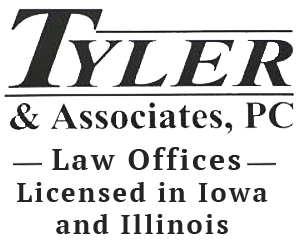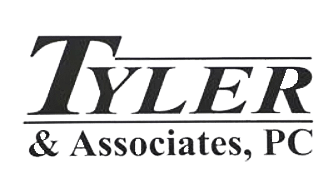When you get hurt on the job in Iowa, workers’ compensation is there for you. The system in Iowa involves private insurance companies offering coverage to employers. Employers have control over which medical care providers they want to partner with if an employee needs care.
Generally, to get workers’ compensation medical benefits, you need to report your injury to your employer as soon as possible. Is if you work in a large factory, your employer may have a nurse on staff who can evaluate you and treats mild injuries. They may need to refer you out to a local hospital or physician for additional treatment. How does payment for that medical care occur?
Authorized providers directly bill the insurance company
As soon as you arrive at the hospital or doctor’s office, you should notify them about your work injury so that their records show your care relates to an issue on the job. You may want to check with them and ask for documentation that they are an authorized provider for your employer or their workers’ compensation insurance company.
Alternately, your employer might just send you directly to a specific provider. Only in emergency situations where someone needs immediate care and can not reach the employer providing the insurance can workers seek care from medical care providers not authorized by their company’s policy.
In-network or authorized care providers should have no problem receiving full reimbursement for all necessary medical costs. Workers’ compensation covers 100% of approved medical expenses, leaving you with no patient responsibility. Neither you nor your medical insurance policy should have to pay for your care.
What if the provider tries to bill you for your care?
If your employer sent you to a specific medical facility, you shouldn’t have to worry about medical costs. The same is true if you verified that the physician is an authorized provider.
Unfortunately, the insurance company might try to reduce what they pay on the claim, leading to the facility or physician billing you for the balance. Rather than paying such expenses, you may need to reach out to someone at your place of employment or the insurance company to resolve the issue.
Understanding your right to medical benefits after a work injury will help you get the care you need to recover and get back to work.

